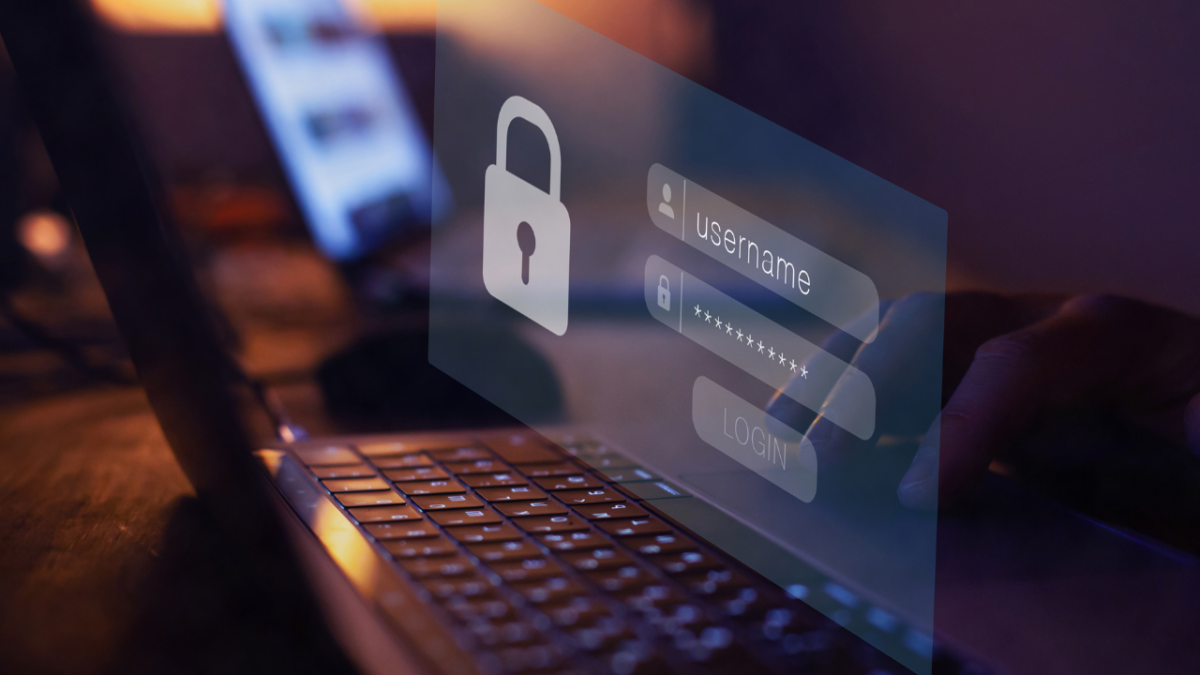With the rise of digital technology, businesses are becoming increasingly vulnerable to cyber threats. From viruses and malware to hacking and phishing attempts, cyberattacks can cause serious damage to a business’s data and reputation. That’s why it’s more important than ever for small and large businesses to prioritize cybersecurity measures to protect themselves in the digital age.
Cybersecurity essentials are a set of practices and technologies that businesses can use to protect themselves from cyber threats. These essentials include things like firewalls, antivirus software, and encryption tools. However, cybersecurity isn’t just about technology. It also involves educating employees on identifying and preventing cyber threats, creating strong passwords, and implementing policies and procedures to protect sensitive data. By implementing these cybersecurity essentials, businesses can significantly reduce their risk of a cyberattack.
Understanding Cybersecurity
Cybersecurity protects digital assets such as data, networks, and computer systems from unauthorized access, theft, and damage. Businesses of all sizes increasingly rely on technology to operate efficiently and remain competitive. While this digital transformation offers numerous benefits, it exposes organizations to a growing threat landscape.
The Digital Threat Landscape
The threat landscape constantly evolves, and cybercriminals are becoming more sophisticated in their attacks. Businesses face various cyber threats, including ransomware, malware, phishing, and social engineering attacks. These attacks can result in significant financial losses, reputational damage, and legal liabilities.
Ransomware attacks, for example, can encrypt a business’s data and demand payment in exchange for the decryption key. Malware attacks can steal sensitive information or damage computer systems. Phishing attacks can trick employees into revealing their login credentials or other sensitive information. Social engineering attacks can exploit human vulnerabilities to access a business’s systems.
The Importance of Cybersecurity for Businesses
The importance of cybersecurity for businesses cannot be overstated. A single cyber attack can result in significant financial losses, damage to a business’s reputation, and loss of customer trust. Small businesses, particularly, are vulnerable to cyber attacks as they may need more resources to implement robust cybersecurity measures.
Businesses must take a proactive approach to cybersecurity by implementing comprehensive security strategies, advanced tools, and constant vigilance to ensure safety and privacy. This includes conducting regular security assessments, implementing multi-factor authentication, and training employees on cybersecurity best practices.
Understanding cybersecurity is essential for protecting businesses. They must take a proactive approach to safeguard their digital assets, customer data, and reputation.
Implementing Robust Cybersecurity Measures
Protecting a business from cyber threats requires a multi-faceted approach that includes security best practices and advanced security technologies. In addition, developing an incident response plan is essential to minimize the impact of a security breach.
Security Best Practices
Strong passwords and multi-factor authentication can significantly reduce the risk of unauthorized access to sensitive data. It is also important to keep software and systems up-to-date with the latest patches and updates to reduce the risk of cybercriminals exploiting vulnerabilities. Restricting access to resources based on a need-to-know basis is another best practice that can limit the damage caused by a security breach.
Advanced Security Technologies
Antivirus software and firewalls are essential components of any cybersecurity solution. Artificial intelligence (AI) and intrusion detection systems (IDS) can also detect and respond to security threats in real-time. Encryption is another powerful tool that can protect data from unauthorized access. Data encryption can help ensure that sensitive data remains secure, even if it falls into the wrong hands.
Developing an Incident Response Plan
Despite the best efforts of businesses to prevent security breaches, they can still occur. Developing an incident response plan is essential to minimize the impact of a security breach. The plan should outline the steps needed in the event of a security breach, including who is responsible for each step and how they should be carried out. It should also include a business continuity plan to ensure that the business can continue to operate in the event of a security breach.
Implementing robust cybersecurity measures requires a multi-faceted approach that includes security best practices, advanced security technologies, and a well-defined incident response plan. By taking these steps, businesses can help protect themselves from the ever-increasing threat of cybercrime.
Cultivating a Security-Minded Culture
Protecting your business from cyber threats is not just about investing in the latest security technologies; it’s also about cultivating a security-minded culture within your organization. You can significantly reduce the likelihood of a breach by encouraging employees to be vigilant and proactive in identifying and addressing potential vulnerabilities and risks.
Employee Training and Awareness
One of the most critical components of a security-minded culture is employee training and awareness. Employees who are well-trained and knowledgeable about cybersecurity best practices are likely to avoid making mistakes that could put sensitive data at risk. Regular training sessions ensure that employees are up-to-date on the latest threats and know how to handle sensitive information securely.
It’s also important to encourage employees to report any suspicious activity or potential vulnerabilities they encounter. By creating an environment of trust and open communication, you can proactively empower your employees to protect the organization.
Maintaining Compliance and Standards
Compliance with industry regulations such as GDPR is essential for protecting sensitive data and maintaining the trust of your customers and partners. By staying up-to-date with the latest regulations and standards, you can ensure that your organization follows the best data handling and protection practices.
Regular audits and assessments help identify potential vulnerabilities and ensure your organization complies with all relevant regulations and standards. By investing in compliance and standards, you can demonstrate to your customers and partners that you take data security seriously and are committed to protecting their sensitive information.
Cultivating a security-minded culture requires investment in employee training and awareness and maintaining compliance and standards. By prioritizing cybersecurity and creating an environment of trust and open communication, you can reduce the risk of human error and protect your organization from potential breaches.
Strategic Management of Cyber Risks
In today’s digital age, businesses face a growing threat of cyberattacks. These attacks can result in reputational damage, financial loss, and even business closure. Therefore, it is essential to have robust cybersecurity measures in place to protect your business. One way to achieve this is through strategic management of cyber risks.
Conducting Risk Assessments
To effectively manage cyber risks, businesses must first determine their risk level. This involves identifying potential vulnerabilities and threats to the business’s IT infrastructure and data. By conducting a risk assessment, businesses can determine their security posture and identify areas needing improvement.
Once vulnerabilities have been identified, businesses can take steps to mitigate them. This may involve investing in cybersecurity protections and safeguards like firewalls, antivirus software, and encryption tools. It may also involve conducting regular security audits to ensure the business’s cybersecurity measures are up-to-date and effective.
Investing in Cybersecurity Partnerships

Another way to manage cyber risks is by investing in cybersecurity partnerships. This involves partnering with other businesses or organizations that specialize in cybersecurity to provide additional protection and threat intelligence.
Partnering with cybersecurity experts can provide businesses access to the latest threat intelligence and vulnerability assessments. This can help businesses stay ahead of potential threats and take proactive measures to protect their IT infrastructure and data.
Managing cyber risks is essential for businesses today. By conducting risk assessments and investing in professional cybersecurity partnerships, businesses can protect themselves from reputational damage, financial loss, and other potential consequences of cyberattacks.




